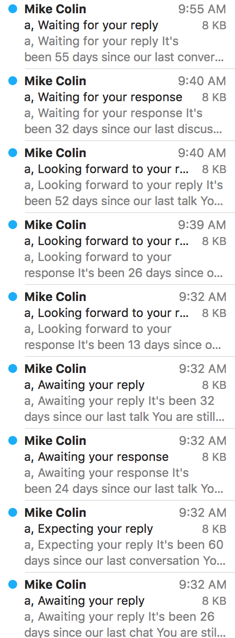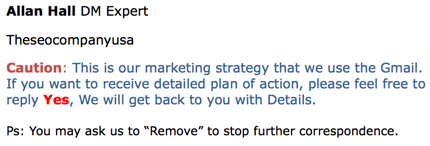Spam-infused Mai-Tai

Happy Labor Day! Celebrate it with the perfect email-themed cocktail – a spam-infused Mai Tai, served in the traditional glass.
A speciality of the Duck Inn in Chicago, it’s made from a fat-washed dark rum:
Slice Spam thin and lay the slices onto a small sheet pan. Cover with 5oz of melted lard. Bake at 250 degrees for one hour, or until the Spam is thoroughly browned. Fine strain, and set aside this Spam-infused lard. Once the lard has reached room temperature, but before it has begun to solidify, pour it, along with the dark rum, into a mason jar. Screw the lid on tightly. Periodically shake the jar over the course of the next two hours, then place it in the freezer overnight. The following day, strain the dark or white rum through a cheesecloth into a separate container, in order to catch a bulk of the fat. Discard used fat. Allow liquor to return to room temperature, then strain it through two conical cloth filters stacked on top of one another.
Yum.
There’s a full recipe over at urbandaddy.


